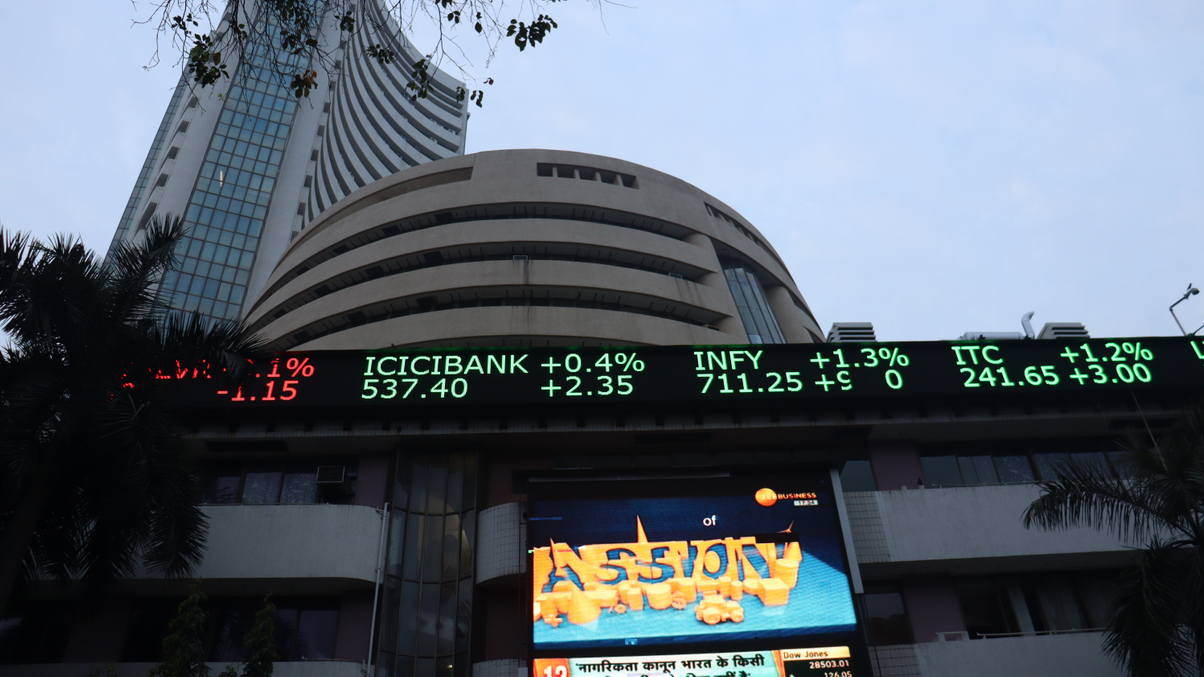Market views: are asset owners eyeing Indian equities?
Financials and healthcare have been spotted as promising sectors, while several tech IPOs are on the way, including a $2.2 billion fintech firm and a GIC-backed e-commerce startup.

Structural reforms, a stable economic outlook (pandemic notwithstanding), and an IPO boom are fuelling a stock market rally in India that analysts say could have Indian equities post their strongest performance since 2017.
Sign in to read on!
Registered users get 2 free articles in 30 days.
Subscribers have full unlimited access to AsianInvestor
Not signed up? New users get 2 free articles per month, plus a 7-day unlimited free trial.
¬ Haymarket Media Limited. All rights reserved.


